According to Biodiesel Magazine, Alder Fuels' technology allows the company to efficiently process forest residues and regenerative biomass into sustainable, low-carbon fuels for aircraft.
The new type of fuel can be produced at the existing refineries, using current equipment and infrastructure, while Alder hopes to complete its first facility by 2024.
Sheila Remes, Boeing's vice president of Environmental Sustainability, said that "as we work toward the civil aviation industry's commitment to net zero carbon emissions by 2050, we know that 700 – 1,000 times more SAF is needed in order to meet this goal."
"We also know that according to the U.S. Department of Energy, U.S. forestry and agricultural residues alone could provide enough biomass energy to generate enough SAF jet fuel to displace 75 percent of U.S. aviation fuel consumption. Partnerships like those with Alder enable us all to advocate for and scale SAF supply", she added.
Boeing's aircraft will be used to test the efficiency and safety of the new fuel, before it can be implemented at scale.
Last year, the American aircraft manufacturer stated that it wants to build 100% SAF-compatible planes by 2030, while working with companies around the world to make sure SAF supplies will be enough for the energy transition.
Alder Fuels CEO Bryan Sherbacow said that "Alder's technology offers a future of gathering energy to power aircraft, instead of drilling for it, by converting widely available sustainable biomass into a sustainable product for refining into SAF."
"We can now scale up supply to meet the aviation industry's demand. This partnership with Boeing will expedite SAF availability around the globe, advance policies that ensure sustainability and foster environmental justice, and cultivate local economies", he added.
 Mihai - Cristian Ioniță
Mihai - Cristian Ioniță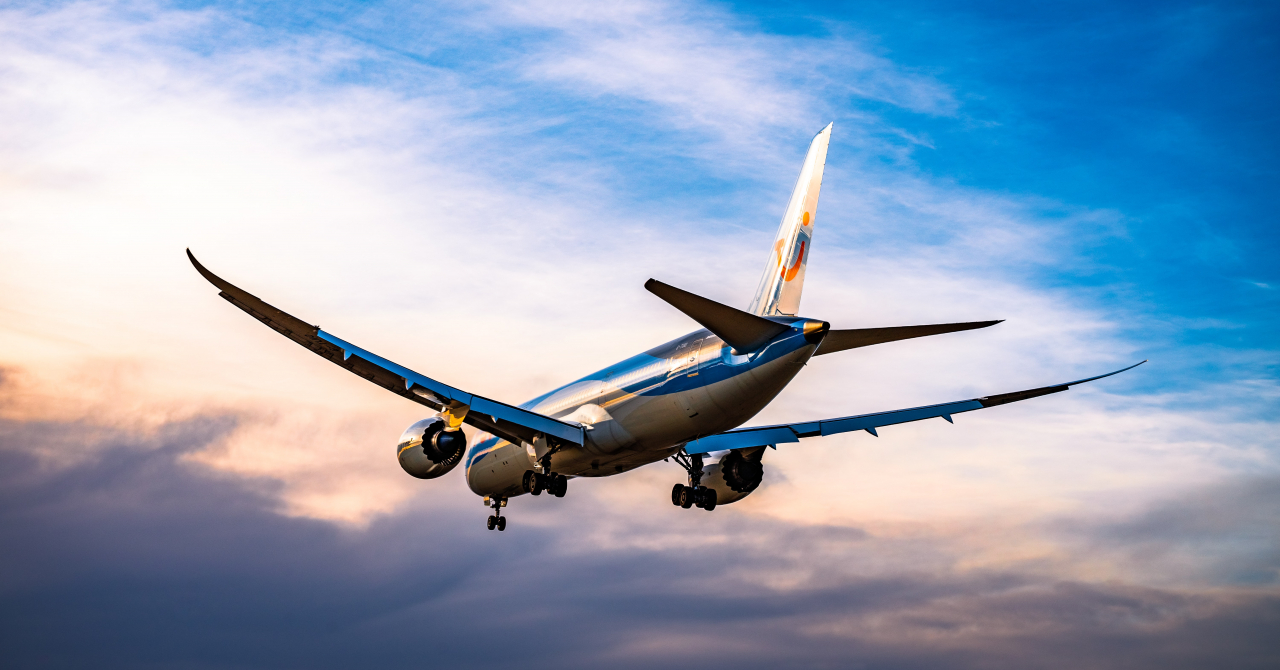

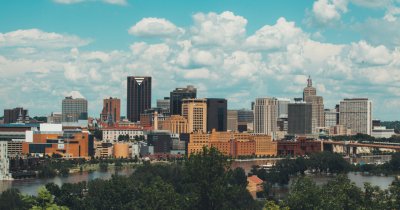
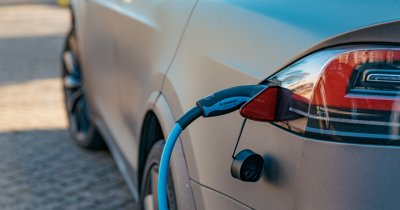





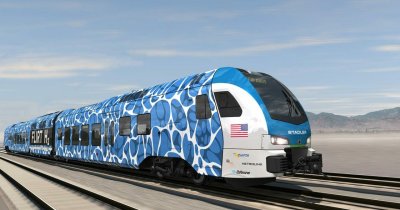
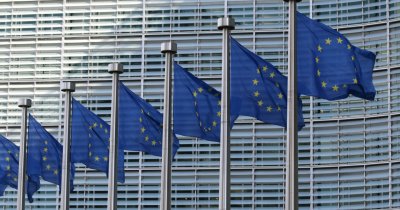
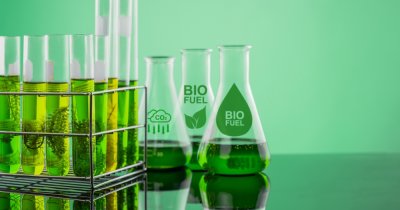
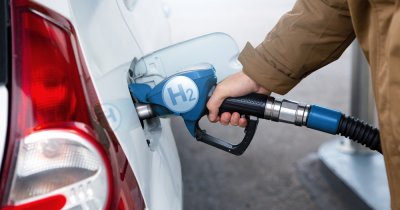
Any thoughts?